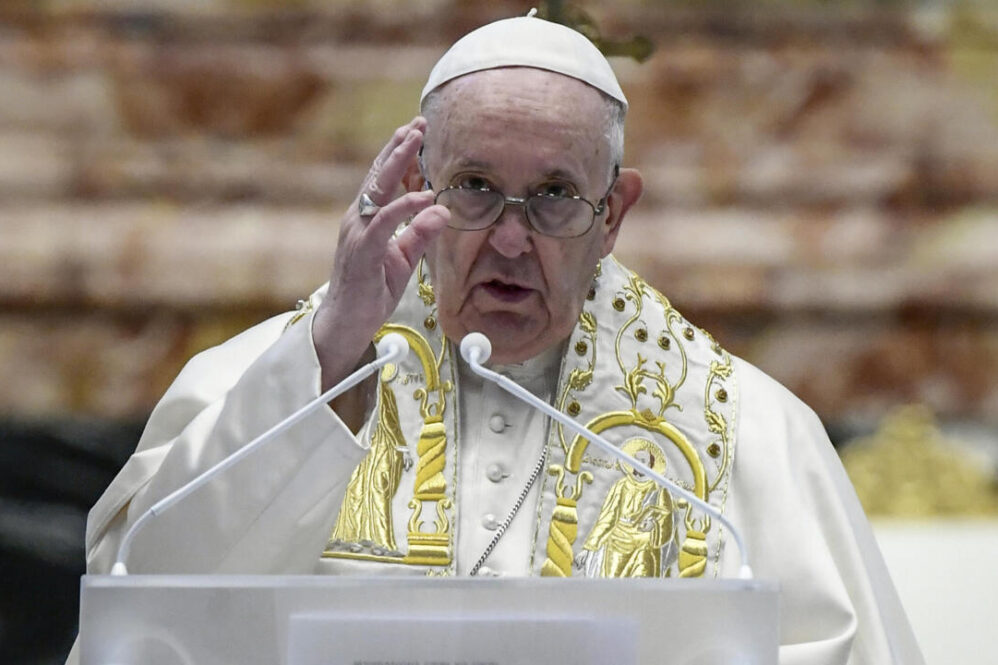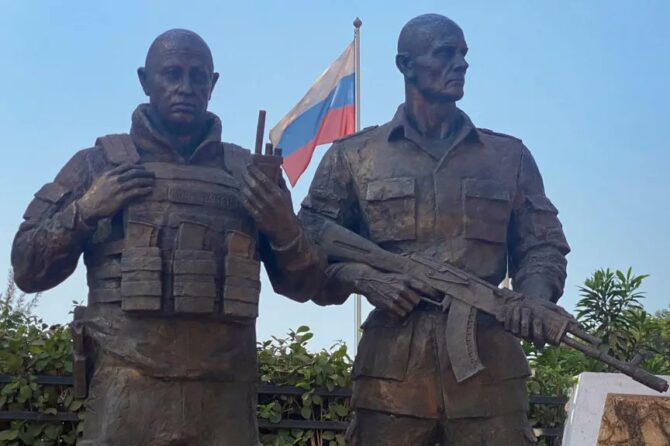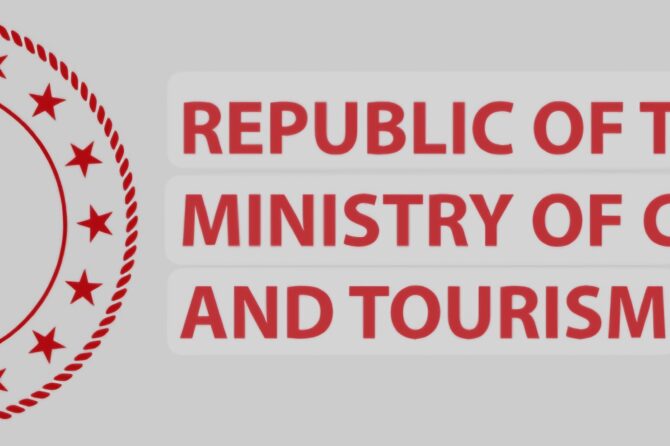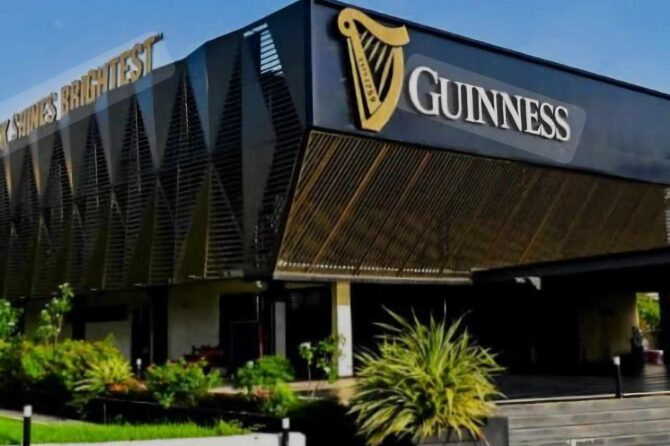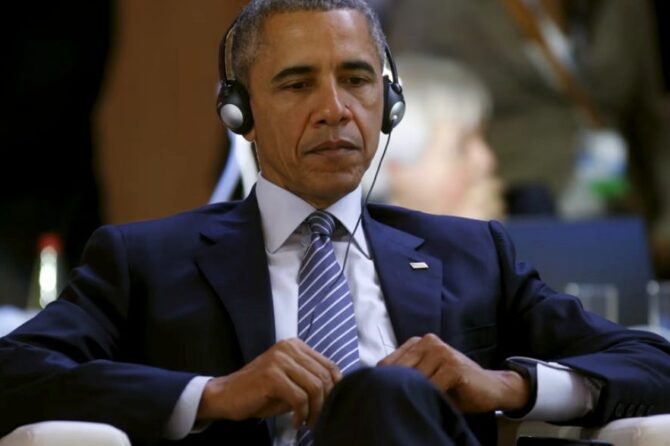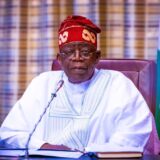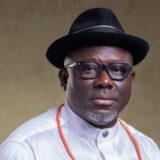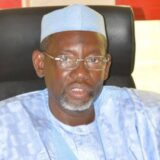Pope Francis Dies at 88: A Legacy of Compassion, Reform, and Global Influence
Vatican City – April 21, 2025: Pope Francis, the spiritual leader of the world’s 1.3 billion Catholics and the first pontiff from the Americas, died this morning at 7:35 a.m. in Casa Santa Marta, his residence within the Vatican. He was 88 years old.
The Vatican confirmed the death in an official statement, describing the Pope’s passing as the conclusion of “a life devoted to faith, humility, and the service of humanity.” The cause of death is believed to be complications related to double pneumonia, following several weeks of fragile health that had sparked concern among clergy and laity worldwide.
A Pontificate that Transcended Borders
Born Jorge Mario Bergoglio in Buenos Aires, Argentina, on December 17, 1936, Pope Francis became the 266th Pope of the Roman Catholic Church in March 2013, succeeding Pope Benedict XVI. His election marked several firsts: the first Jesuit Pope, the first from the Southern Hemisphere, and the first to adopt the name Francis—symbolising his devotion to the humble life of St. Francis of Assisi.
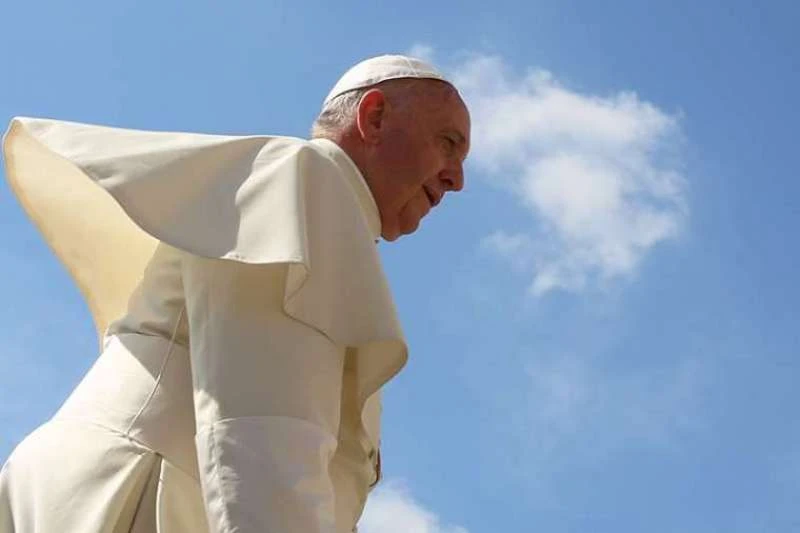
Over the course of his twelve-year papacy, Pope Francis emerged as a powerful moral voice not only in religious matters but on issues of global concern—ranging from climate change and economic inequality to migration, peace-building, and interfaith dialogue.
He will be remembered as a reformer who sought to modernise the Church without abandoning its roots. Whether speaking out against clerical abuse, restructuring Vatican finances, or advocating for LGBTQ+ Catholics, his leadership consistently challenged long-held norms while calling for greater compassion and inclusivity.
Global Reactions Pour In
News of Pope Francis’s death reverberated across the globe, with religious leaders, heads of state, and citizens paying tribute to a man widely respected for his humility and moral clarity.
U.S. President Kamala Harris expressed “deep sorrow for the Catholic faithful and all those inspired by his moral leadership.” Indian Prime Minister Narendra Modi called the Pope “a beacon of compassion,” while French President Emmanuel Macron lauded his “bridge-building efforts between cultures and creeds.”
In Latin America, where he remained a beloved figure, vigils quickly formed in churches and town squares. Argentine President Javier Milei declared three days of national mourning, stating, “He was a son of Argentina, but he belonged to the world.”
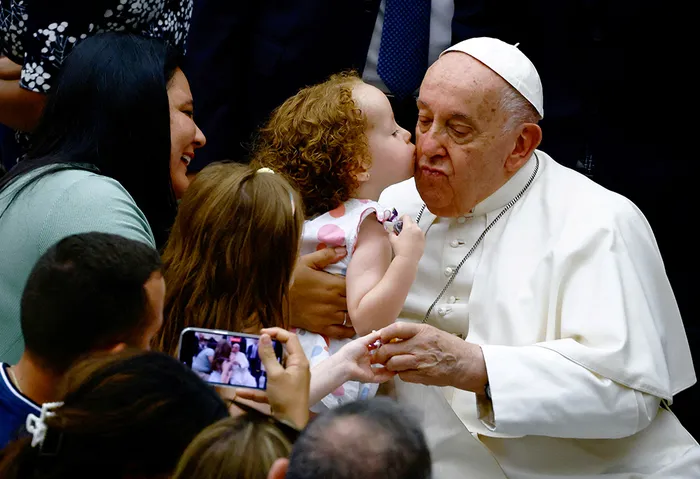
A Church in Transition
Cardinal Kevin Joseph Farrell, the Camerlengo of the Holy Roman Church, has formally assumed responsibility for the interim governance of the Vatican. The traditional period known as sede vacante (vacant seat) has now begun, during which preparations will be made for a papal conclave to elect the next Bishop of Rome.
During this transitional phase, all routine operations of the Vatican continue under the stewardship of the College of Cardinals, although major decisions are suspended until a new pope is elected.
The conclave, likely to be convened within 15 to 20 days, will bring together eligible cardinals from around the world, who will be sequestered in the Sistine Chapel to select a successor in a series of secret ballots.
Legacy of a ‘People’s Pope’
Francis’s papacy was defined by a return to the fundamental tenets of Christian doctrine—mercy, humility, and service to the poor. He chose to live in a modest Vatican guest house rather than the Apostolic Palace, rode in a Ford Focus rather than the traditional papal limousine, and routinely met with refugees, prisoners, and marginalised groups.
He authored three encyclicals—Lumen Fidei, Laudato Si’, and Fratelli Tutti—each reflecting his commitment to justice, ecological stewardship, and fraternity. His encyclical Laudato Si’, which linked environmental destruction to economic injustice, became a landmark religious statement on climate change.
Pope Francis also took bold positions on international diplomacy, mediating in the restoration of U.S.-Cuba relations and advocating for peace in Syria, Ukraine, and the Holy Land.
Despite criticism from conservative factions within the Church, his openness to dialogue with atheists, Muslims, and members of other Christian denominations made him one of the most globally respected figures of the 21st century.
Final Days and Funeral Arrangements
According to Vatican officials, Pope Francis had been under close medical supervision in the final days leading up to his passing. While his condition had stabilised briefly last week, a sudden downturn during the night led to his death early Monday morning.
The Vatican has announced that the Pope’s body will lie in state in St. Peter’s Basilica for public viewing over the next three days. A Requiem Mass is scheduled for Friday, April 25, and will be led by the Dean of the College of Cardinals. Dignitaries from around the world are expected to attend the ceremony.
He will be buried in the grottoes beneath St. Peter’s Basilica, where many of his predecessors also rest.
A Symbol of Hope
Pope Francis’s death marks the end of a transformative era in the modern history of the Catholic Church. As tributes continue to pour in, many remember him as “the People’s Pope,” who made faith accessible and brought the Gospel to the peripheries—both geographical and spiritual.
In his final public remarks, issued just last week, he urged believers to “never stop dreaming of a better world—built not on division, but on unity, mercy, and love.”


